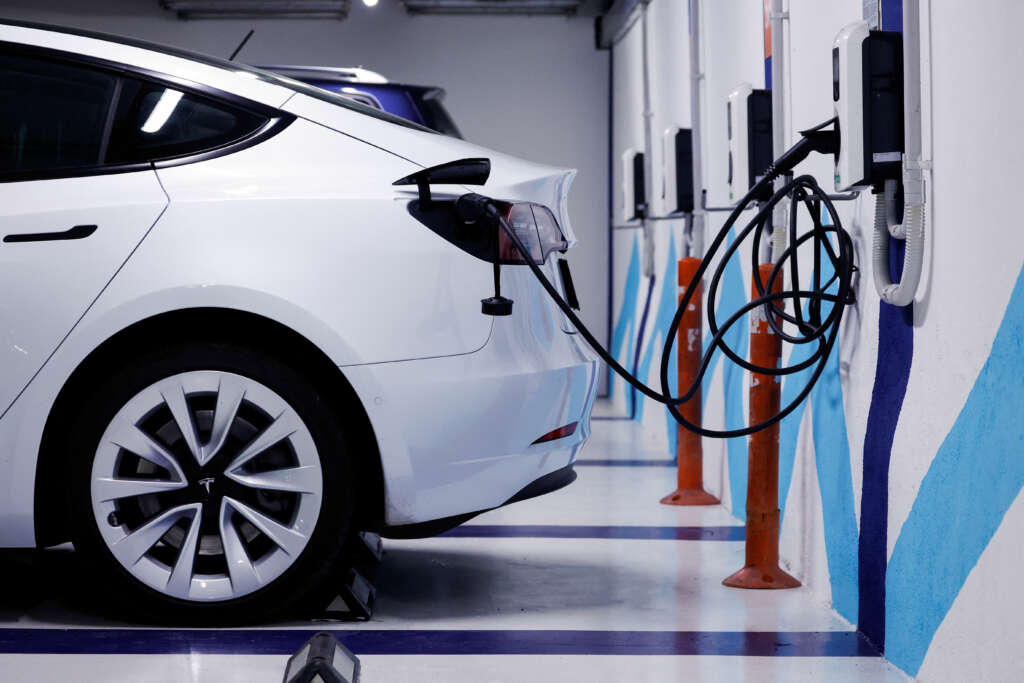Ghana’s ambitions to adopt electric vehicles (EVs) as part of its green transition face significant obstacles, as outlined in a report by the United Nations Development Programme (UNDP). The report highlights deficiencies in skilled personnel, inadequate charging infrastructure, and the high cost of EVs as key barriers to progress.
Why This Matters
The push for EV adoption aligns with Ghana’s climate goals and global efforts to reduce carbon emissions. However, these hurdles risk slowing the nation’s progress and leaving it behind in the global shift to sustainable mobility.
- Climate Impact: The transition to EVs is crucial for reducing the transport sector’s carbon footprint.
- Economic Implications: Stalled progress could hinder potential investments and job creation in the green technology sector.
SEE ALSO: MellowVans and Itemate Solutions Launch Mobile EV Storefronts for African Telcos
Key Challenges
- Skills Gap:
- The Ghanaian automotive industry is predominantly focused on internal combustion engines.
- There is limited expertise in EV technology, maintenance, and battery management.
- Infrastructure Deficiency:
- Fewer than 10 public EV charging stations currently serve the entire country.
- Lack of battery swap stations further restricts EV usability.
- Cost Barrier:
- EVs remain significantly more expensive than traditional vehicles, making them less accessible to the average consumer.
What They’re Saying
- Ministry of Transport Representative:“Public-private partnerships are essential to building charging networks and training technicians. The government cannot do this alone.”
- Accra EV Dealer:“Consumer interest is growing, but people hesitate to buy EVs without convenient charging options.”
The Bigger Picture

The challenges facing Ghana are not unique, but they highlight systemic issues that must be addressed to enable the EV transition:
- Regional Context: Ghana’s experience mirrors that of many African nations struggling to build the necessary infrastructure and expertise for EV adoption.
- Global Lessons: Countries like Kenya and South Africa, which are further along in EV adoption, underscore the importance of supportive policies and partnerships.
Path Forward: Recommendations for Ghana
- Strengthen Public-Private Partnerships:
- Collaborate with private investors to expand charging and battery swap networks.
- Provide incentives for businesses to enter the EV ecosystem.
- Enhance Workforce Development:
- Establish training programs focused on EV maintenance and technology.
- Partner with international organizations for skills transfer initiatives.
- Subsidize EV Purchases:
- Introduce tax breaks or subsidies to make EVs more affordable for consumers.
- Expand Renewable Energy Use:
- Integrate renewable energy into the charging infrastructure to maximize environmental benefits.
Conclusion
Ghana’s EV journey faces significant roadblocks, but with strategic interventions and robust partnerships, the country can overcome these challenges. Addressing the skills gap, expanding infrastructure, and making EVs more affordable are critical steps to ensure Ghana doesn’t miss out on the green transition.



